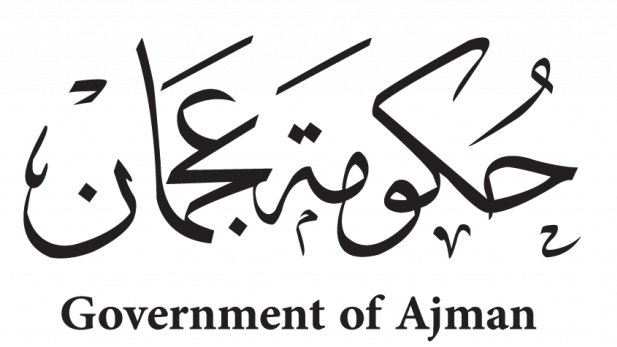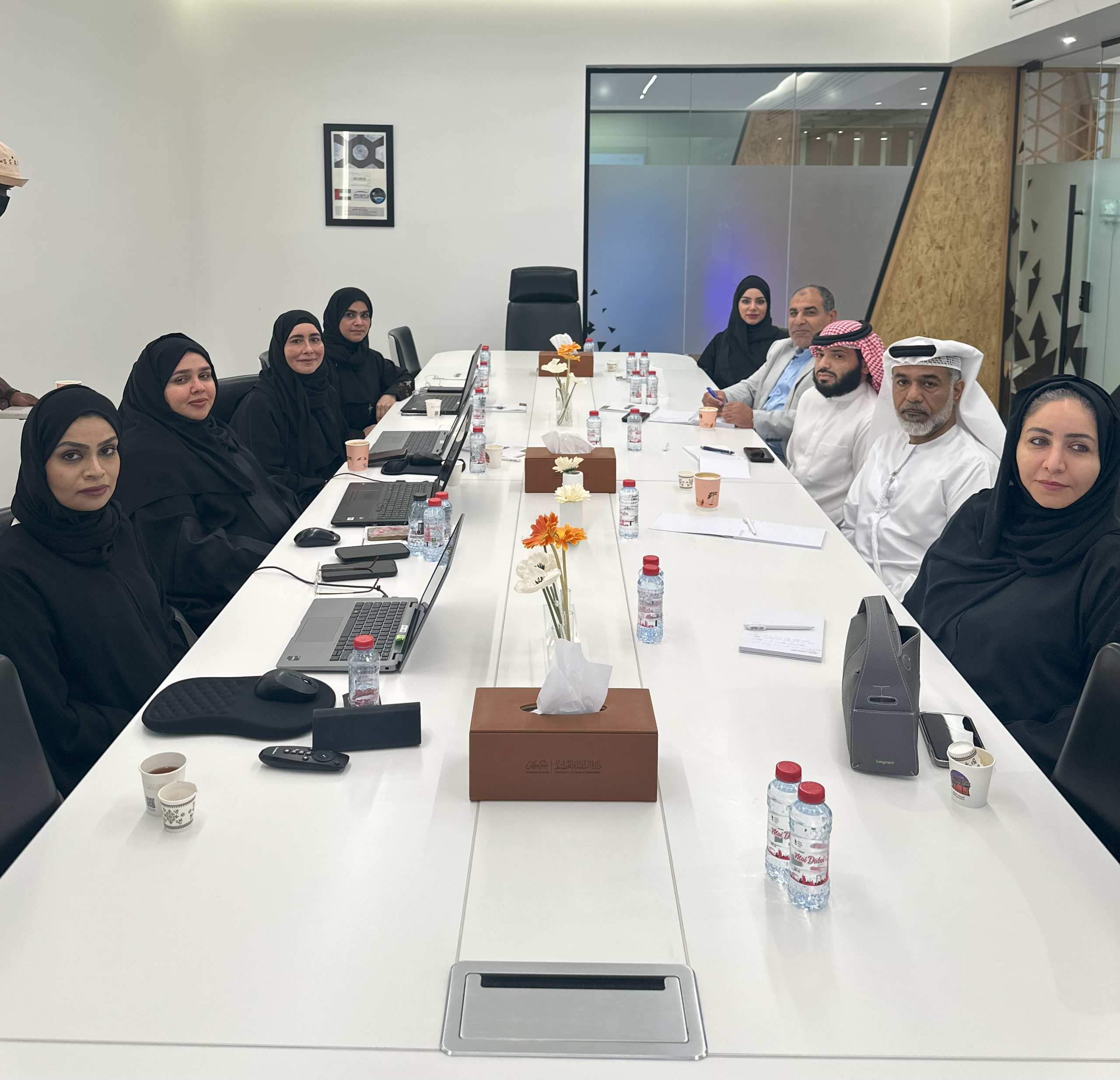The Ajman Forum for Sustainable Development, under the theme “Climate Action for Carbon Neutrality,” concluded its sessions that brought together thought leaders, decision-makers, researchers, and practitioners from various sectors. The initiative aimed to foster collaboration, facilitate the exchange of expertise, and showcase innovative solutions to attain carbon neutrality and sustainability goals both locally and internationally. Over the span of two days, the forum aligned with global initiatives and strategies, including the United Arab Emirates’ national blueprint to achieve climate neutrality by 2050.
At the conclusion of the forum, experts and specialists unanimously agreed on a preliminary draft of the framework and implementation plan, which will be presented to scholars and partners. This pioneering effort aims to establish the first local initiative dedicated to reaching zero carbon emissions, with a focus on enhancing climate resilience and public health by reducing short-lived climate pollutants.
In this context, His Excellency Abdulrahman Mohammed Al Nuaimi, Director-General of the MPDA, expressed pride in the forum’s outcomes, which culminated in a series of vital recommendations poised to make a positive impact and support the Emirate’s comprehensive efforts to ensure carbon neutrality.
Al Nuaimi noted that the recommendations prioritize monitoring and mitigating short-lived climate pollutants due to their significant influence on climate and public health. They focus on several key areas that the department will collaborate on with its partners to implement, transforming these initiatives into tangible realities that will positively impact all members of society.
Recommendations’ Pillars
The pillars of the recommendations include enhancing pollutant monitoring networks to track SLCP concentrations in critical areas such as high-traffic zones, industrial zones, and residential neighborhoods. They advocate integrating SLCP data into urban and environmental policies through measures like supporting cleaner transportation systems, improving waste management, and promoting sustainable building practices.
Additional pillars emphasize community awareness and local engagement through educational programs and efficiency initiatives, leveraging artificial intelligence to estimate carbon stocks in trees via high-resolution remote sensing data, investing in green innovations, and motivating community participation through awareness campaigns. Furthermore, the recommendations call for accelerating carbon removal from the industrial sector by adopting the latest technologies for carbon capture, utilization, and storage (CCUS) as a strategic solution.
The experts recommended adopting CCUS technologies across key industrial sectors, incorporating climate change education into school and university curricula, encouraging scientific research and innovation, and utilizing nature-based solutions as effective tools to complement technological efforts and climate policies. The preservation and restoration of natural environments and protected areas to support biodiversity and ecological health are also emphasized.
Among the recommendations is the establishment of a center dedicated to collecting and analyzing climate data through artificial intelligence and Internet of Things (IoT) technologies. This center would support evidence-based environmental decision-making. Similar initiatives are already underway within the country. The recommendations also underscore the importance of strengthening cooperation among government agencies, academic institutions, and the private sector to accelerate the transition toward a smart, climate-resilient city, ensuring sustainable development for the long term.






